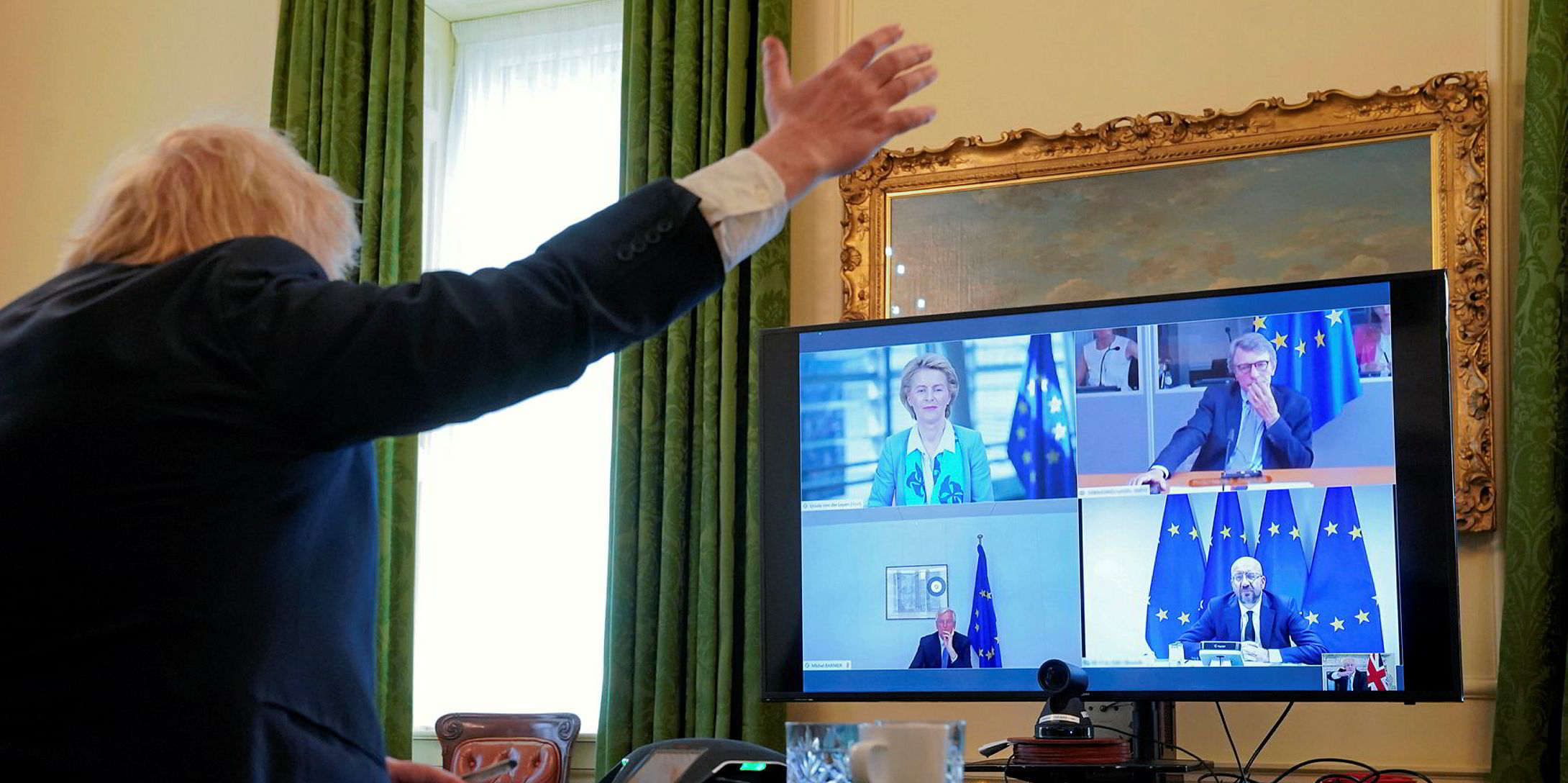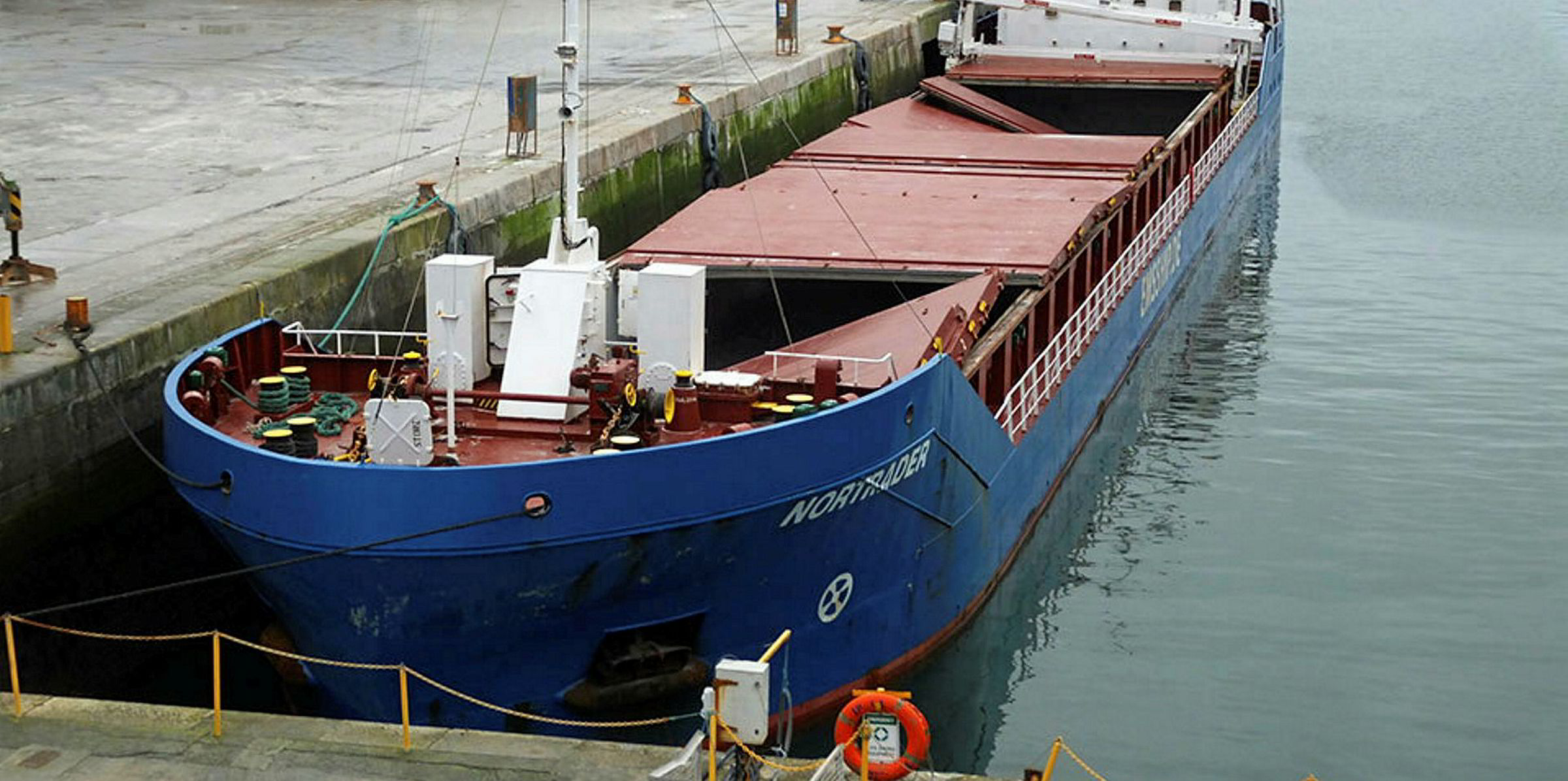Shipping arbitration hearings conducted using video technology may continue to be used long after Covid-19 lockdowns end.
The London legal community wants to get the message out that arbitration proceedings are continuing and that all involved are generally keen to embrace technology to make the process more efficient.
“I think like a lot of things related to Covid, this is a catalyst for change and an accelerant of change,” Watson Farley & Williams (WFW) partner Andrew Ward said.
“The law is a traditional and conservative industry, which has gone about its own way of doing things in some respects unchanged for a long time. Law as a concept likes incremental change rather than revolution.”
The typical arbitration gathers three arbitrators, solicitors and counsel for each side in a room, together with clients, experts and witnesses.
Ditching the paperwork
Two fundamental changes — video links and electronic case bundles, although not new in themselves — have allowed this to change during the pandemic.
Court cases involve a vast amount of paperwork, but over the past five to eight years, shared electronic data has become much more popular.
“We would now consider that the standard,” said Ward, who is co-head of the firm’s London dispute resolution group. “Now you don’t need everyone in the same room any more, and that’s what’s happened.”
As to the future, in some cases it may not be appropriate to have remote proceedings, “but for some matters, remote or semi-remote hearings can be a good solution”.
WFW acted on a four-week London Maritime Arbitrators Association case just before the UK lockdown, which was conducted semi-remotely.
Many of those due to attend were travelling from areas of the world that were then seen as dangerously affected by the virus.
The issue was raised and a solution was found.
Travel restrictions

The arbitrators and barristers were sat in the hearing room in London, while everybody else accessed remotely. A video camera was placed in the hearing room and live transcript software with chat functions was used.
“It worked well, but that model became unworkable with full UK lockdown — but we’re now coming out,” Ward said.
Fully remote hearings are difficult with large numbers of witnesses.
Ward added: “It may be that, particularly in a world where international travel restrictions might apply, semi-remote hearings may be required, and when international travel restrictions are finally lifted, it may be that some people prefer that semi-remote format over the traditional format.”
Remote costs can be about the same as for a regular hearing as a result, but some firms have found them cheaper. One source said that although remote hearings save money on hotels and other travel expenses, the technology is not free.
“Ideally you want everyone to have the same IT equipment so there’s no possibility of a disadvantage. You need to ensure the witness is looking at the same documents as everyone else and is not looking at notes or being assisted during their evidence,” he said.
One solution can be for one camera to be fixed on the witness, while another camera shows what the witness can see, to make sure no one in the room is helping him or her answer questions.
“You can’t come out with a blanket view of how it’s going to be — each case is different — but it adds to the menu of how things can be done,” Ward said.
Esoteric beasts
The general feeling is that there has been an uptick in arbitrations during lockdown, but not a “big number”, said another source, who added: “Indirectly, yes, there are more disputes. A big area for substantial disputes is in shipbuilding contracts, traditionally a minefield of allegations of delay.
“Shipbuilding contracts are reasonably esoteric beasts as to how they operate, and so I think that is where the big money disputes in shipping will come from; for example, where deliveries are late or buyers are cancelling, or whatever it is.”
No one in London has returned to hearings in rooms as yet. Another lawyer said: “London should be very proud of how we have reacted to this, because we’ve kept going.
“We have had a large number of remote hearings in court and arbitration, which I think highlights London’s position at the forefront of international disputes.
London arbitrator Simon Gault said hybrid hearings began in February. He was first involved in such a hearing with participants in Canada and Turkey.
One panel member who had to self-isolate for 14 days took part via video link. “It worked extremely well. The electronic bundles worked extremely well over a three-week hearing,” Gault said.
“The only problem arising is if someone involved has a poor internet connection. If you’re concentrating on getting the documents sorted out, you’re not concentrating on the evidence.”
There are many cost advantages to having remote elements to hearings. “You don’t have to drag witnesses to London. The more people get used to it, the more difficult it will be to go back to the old way,” he said.
And although Gault expects to be busier with disputes related to the pandemic, the volume has yet to pick up.
“One new case came in a few days ago. I thought there’d be many more, like 2008, which created a huge amount of cases. People trying to get out of contracts provided quite a spike in our work. It doesn’t mean it won’t happen, but we’re going on pretty much as normal.”







